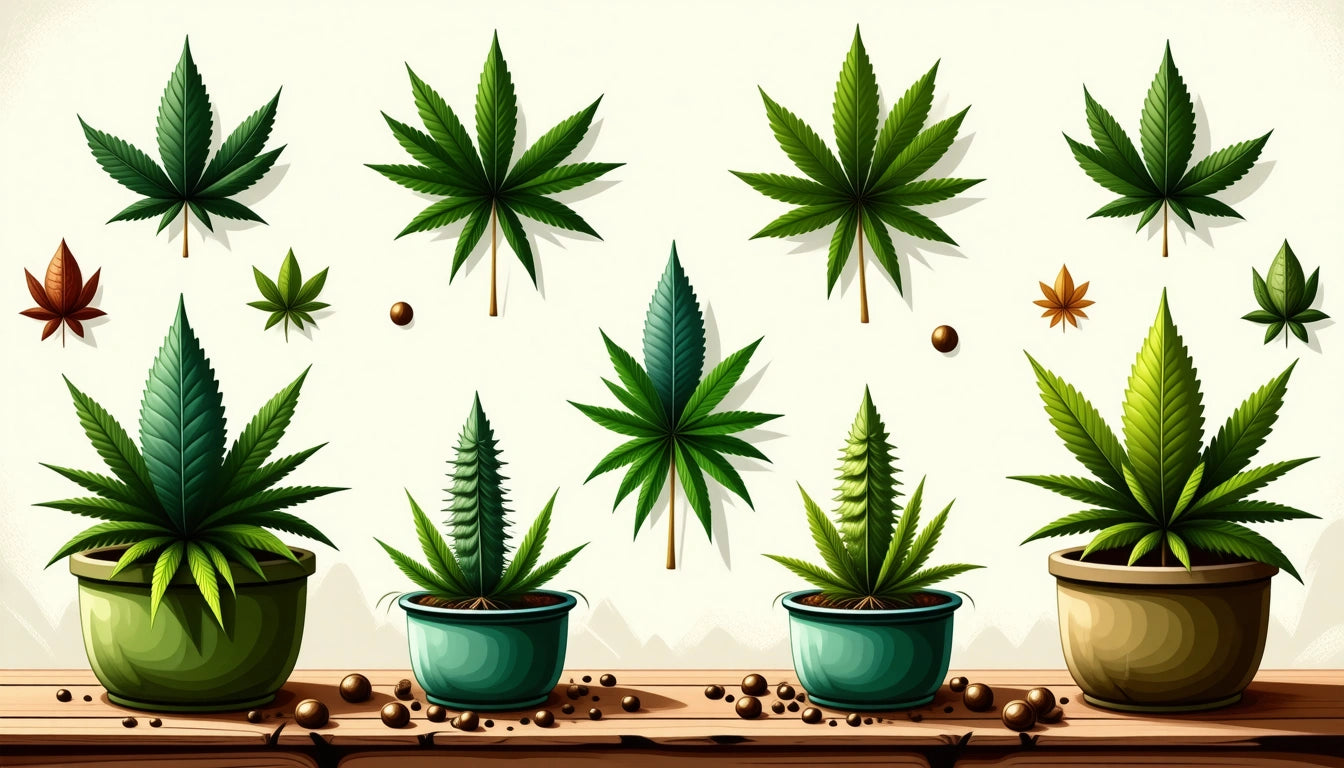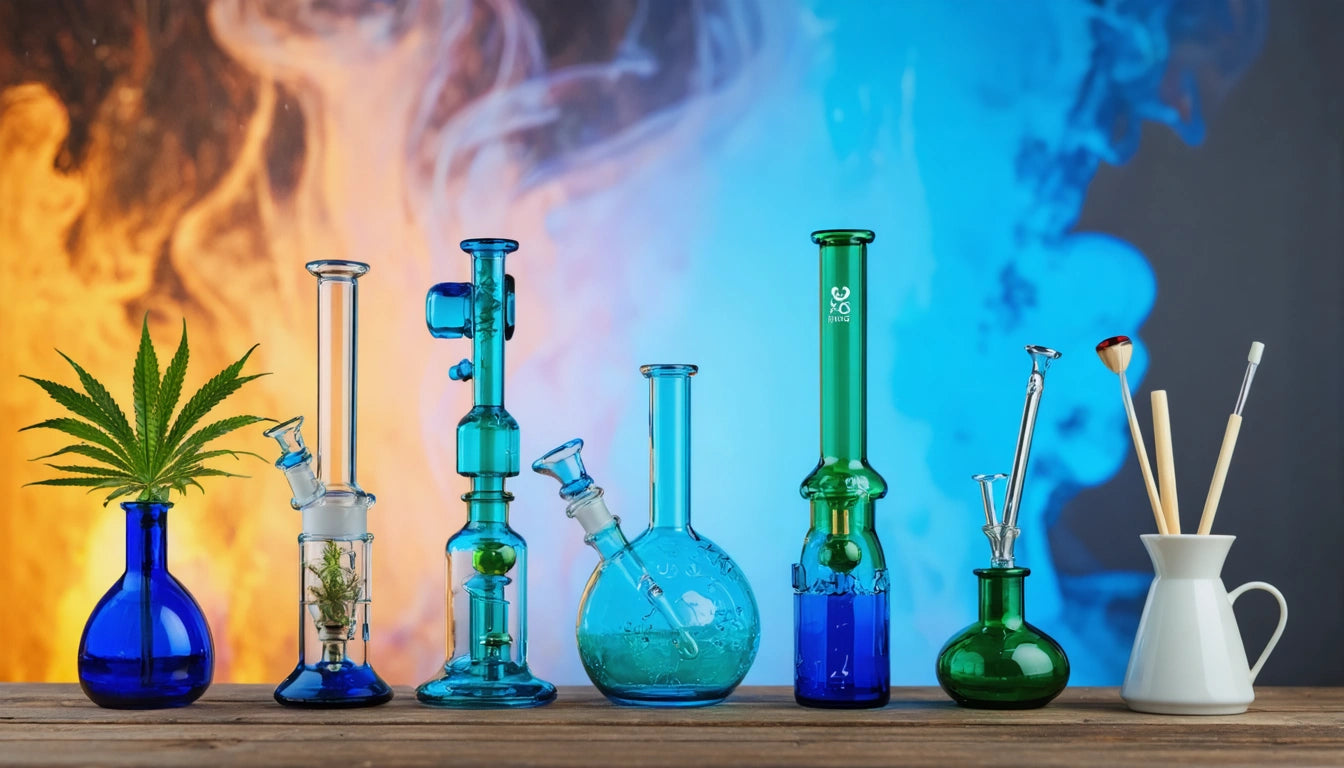Table of Contents
Understanding High THC Levels: Definitions, Implications, and Comparisons
The cannabis industry continues to evolve with products showcasing varying levels of THC (tetrahydrocannabinol), the primary psychoactive compound in cannabis. Understanding what constitutes high THC content has become increasingly important for consumers, medical patients, and those subject to drug testing. This comprehensive guide explores the definitions, measurements, and implications of high THC levels across different contexts.
Defining High THC: Standards Across Products
The definition of high THC content varies depending on the product type and consumption method. In the modern cannabis market, THC percentages have steadily increased over decades of selective breeding.
Flower THC Percentages
For cannabis flower:
- Low THC: 0-10%
- Moderate THC: 10-20%
- High THC: 20-30%
- Very high THC: 30%+
According to industry analyses of cannabis strain potency, anything above 20% THC is generally considered high, with premium strains often testing between 25-35% THC. The average THC content in legal markets has approximately doubled since the early 2000s.
Concentrates and Other Products
For concentrates and extracts, the standards shift dramatically:
- Moderate: 40-70% THC
- High: 70-90% THC
- Very high: 90%+ THC
Products like distillates and isolates can reach up to 99% THC purity. This significant potency difference requires proper safety measures like child-resistant packaging to prevent accidental consumption, especially for high-potency products that can be mistaken for everyday items.
THC Testing Methods and Interpretation
Understanding high THC levels also applies to drug testing contexts, where detection methods and thresholds vary by test type.
What Is a High Level of Carboxy-THC in Urine?
Carboxy-THC (THC-COOH) is the metabolite tested for in most urine drug screens. Standard cutoff levels include:
- Initial screening cutoff: 50 ng/mL
- Confirmation test cutoff: 15 ng/mL
Levels above 500 ng/mL typically indicate heavy or recent use, while levels exceeding 1,000 ng/mL generally suggest regular, frequent consumption. However, these values can vary based on individual metabolism, hydration, and testing methodology.
Blood and Saliva Testing
For blood tests, 5 ng/mL is often considered the threshold for impairment in states with legal limits for driving. Understanding how THC appears in different drug tests is crucial for consumers who may be subject to workplace or legal testing.
Medical vs. Recreational: THC Level Comparisons
A common misconception is that medical cannabis products contain lower THC than recreational products. The reality is more nuanced:
Comparing Medical and Recreational Products
Medical cannabis programs often offer products with a wide range of THC levels, including high-THC options for conditions like chronic pain, nausea, and muscle spasticity. The key difference often lies in the CBD:THC ratios rather than absolute THC content.
In some medical markets, products undergo more rigorous testing for contaminants and precise cannabinoid profiling. Understanding THC percentages helps patients select appropriate products for their specific conditions.
Effects and Applications of High-THC Cannabis
What is high THC good for? High-THC cannabis products are typically sought for:
- Intense pain relief
- Sleep induction
- Appetite stimulation
- Strong euphoric effects
- Management of severe symptoms
However, higher THC doesn't always mean better effects. Many experienced users report that moderately potent cannabis (15-20% THC) with a balanced terpene profile provides better therapeutic benefits than extremely high-THC varieties.
Low THC vs. High THC
Lower THC products (especially those with balanced CBD) often provide:
- Milder psychoactive effects
- Reduced anxiety risk
- Functional daytime relief
- Better tolerance management
Higher THC products typically deliver:
- Stronger euphoria
- More pronounced body effects
- Potential for anxiety or paranoia
- Faster tolerance development
Learning about THC's effects helps consumers make informed choices based on their experience level and desired outcomes.
Safety and Consumption Guidelines for High-THC Products
With cannabis products reaching unprecedented potency levels, responsible consumption guidelines become increasingly important:
Dosage Recommendations
For inhaled high-THC products:
- Beginners: Start with a single small inhalation
- Occasional users: 1-3 inhalations
- Regular users: Titrate based on personal tolerance
For edibles, where THC is processed differently by the body:
- Beginners: 2-5mg THC
- Occasional users: 5-15mg THC
- Experienced users: 15-30mg THC
- Heavy users: 30mg+ THC
Understanding overconsumption risks is essential for safe use of high-potency products.
Future THC Trends and Consumer Education Needs
As the cannabis industry continues to mature, several trends related to THC levels are emerging:
- Increased focus on full cannabinoid and terpene profiles rather than just THC percentage
- Development of rapid-onset, controlled-release technologies for more predictable effects
- Greater emphasis on education around potency and appropriate dosing
- More nuanced product categorization beyond simple THC percentages
The concept of what constitutes high THC will likely continue to evolve as research advances and consumer preferences mature. Understanding legal limits and guidelines will remain crucial as regulations develop alongside the growing market.
As potency increases, so does the importance of responsible messaging, clear labeling, and consumer education to ensure that high-THC products are used safely and appropriately by those who choose them.











Leave a comment
All comments are moderated before being published.
This site is protected by hCaptcha and the hCaptcha Privacy Policy and Terms of Service apply.